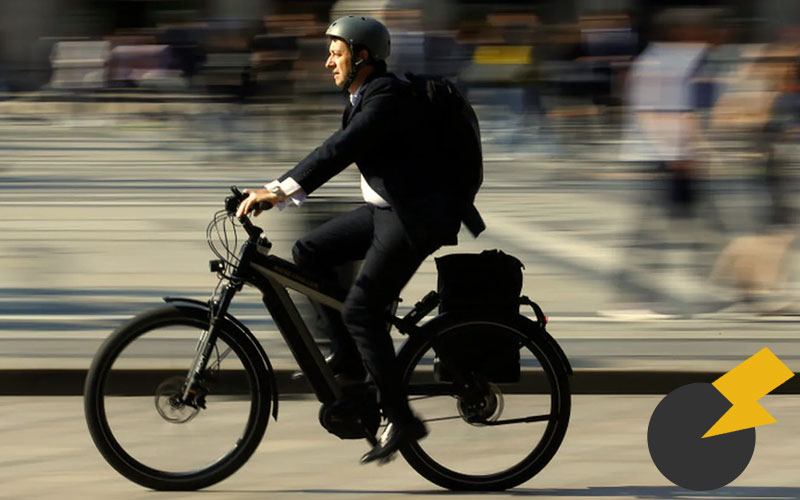Overview
In this article, we will discuss the laws that surround electric bikes, also known as power assisted bicycles.
There are other terms that these can be referred to as well. For example these particular motor vehicles can be called electric power assisted bicycles, electric assist bicycle, electric bike/electric bicycle, assisted bicycle, e bikes, etc.
We will go into the laws by the top provinces, and also look into what a Class 3 e bikes are.
Ontario Laws Regulating Electric Bikes
In Ontario, there are quite a few electric bike regulations. These are the law.
First, the maximum weight of an electric bicycle must be 120 kg, and cannot exceed this. A vehicle above this will not be classified as a e-bike. It also requires a maximum braking distance of 9 metres. Riders must be 16 years of age or older, as well. Municipalities have full rights to restrict where e-bikes can be used on their streets.
British Columbia Laws Regulating Electric Bikes
In British Columbia, electric bikes are referred to as a motor-assisted cycle. This means the power cycle has to be able to combine human pedal power with electric motor assistance. The operator must also be above 16 years of age here.
Alberta Laws Regulating Electric Bikes
E bikes in Alberta are identified as power bicycles. The federal definition of e bikes are that they are a power assisted bicycle, so this is very in line with the definition.
If there is a designated seat for a passenger, only then are passengers allowed on the e bikes. This province has a unique riding age, where riders have to only be 12 years of age or older, and there are no weight restrictions in this province.
Do You Need A License For An Electric Bike In Canada?
Do you need a license to drive an E-bike in Alberta? Ontario? BC?
In Ontario, you do not need a license, but you have to be at least sixteen years of age, wear an approved bicycle helmet, and keep the e bike in good working condition.
In Alberta, no license is needed, as long as the operator is at least 12 years of age, and wears an approved bicycle helmet.
In British Columbia as well, no licenses are required, as long as the operator is at least 16 years old, and also wears an approved bicycle helmet.
Are Electric Bikes Legal In Canada?
There are certain rules around what is considered an electric bike in Canada. While they are legal in the country, there are specific guidelines about what is allowed.
First, motor power must be limited to 500 W Output, and the bikes must not travel any faster than 32 km h on this motor power alone, while riding on level ground.
The bikes have to have steering handlebars and fully operatable pedals. Along with this, the bikes cannot be only controlled by battery. Also, when the rider stops pedaling, the engine has to disengage. These are most likely regulated for safety.
These electric motor-driven cycles must have a motor that is attached, but runs on electricity and not gas. Furthermore, it is prohibited to modify the speed of the electric bikes to greater than the 32 km h that is allowed.
All riders have to use a certified helmet, when riding at all times.
Are 1000 Watt Ebikes Legal In Canada?
No, while some states in the United States allow for this, it is not legal anywhere in Canada.
Are 750 Watt eBikes Legal In Canada?
No, these are not legal in Canada either. The maximum wattage in Canada is 500 Watts.
What Is A Class 3 eBike Canada?
A class 3 e bike can go up to 28 miles per hour, and may or may not have a throttle, while it must have a speedometer.
Since going above 20 mph (32 km h) is illegal in Canada, these bikes are not allowed for use here.
Class systems are not in Canada, and therefore the class 1, 2, and 3 e bikes are more prominent and well known in the USA and other countries.
Are Throttle Electric Bikes Legal In Canada?
Yes in Canada, e bikes are allowed to have throttle, and pedal assist as well.
All in all, while there may be a variation of rules between the provinces for e bikes, the truth is that it’s quite simple in Canada, for the way the bike regulations are.
While riding age might vary between provinces, most of the other guidelines are standard and the same. For example, wearing an approved bicycle helmet, not going over 32 km h, and not exceeding 500 Watts. These rules make riding assisted bicycles a simple experience cross country, for those who are looking to use an e bike.
